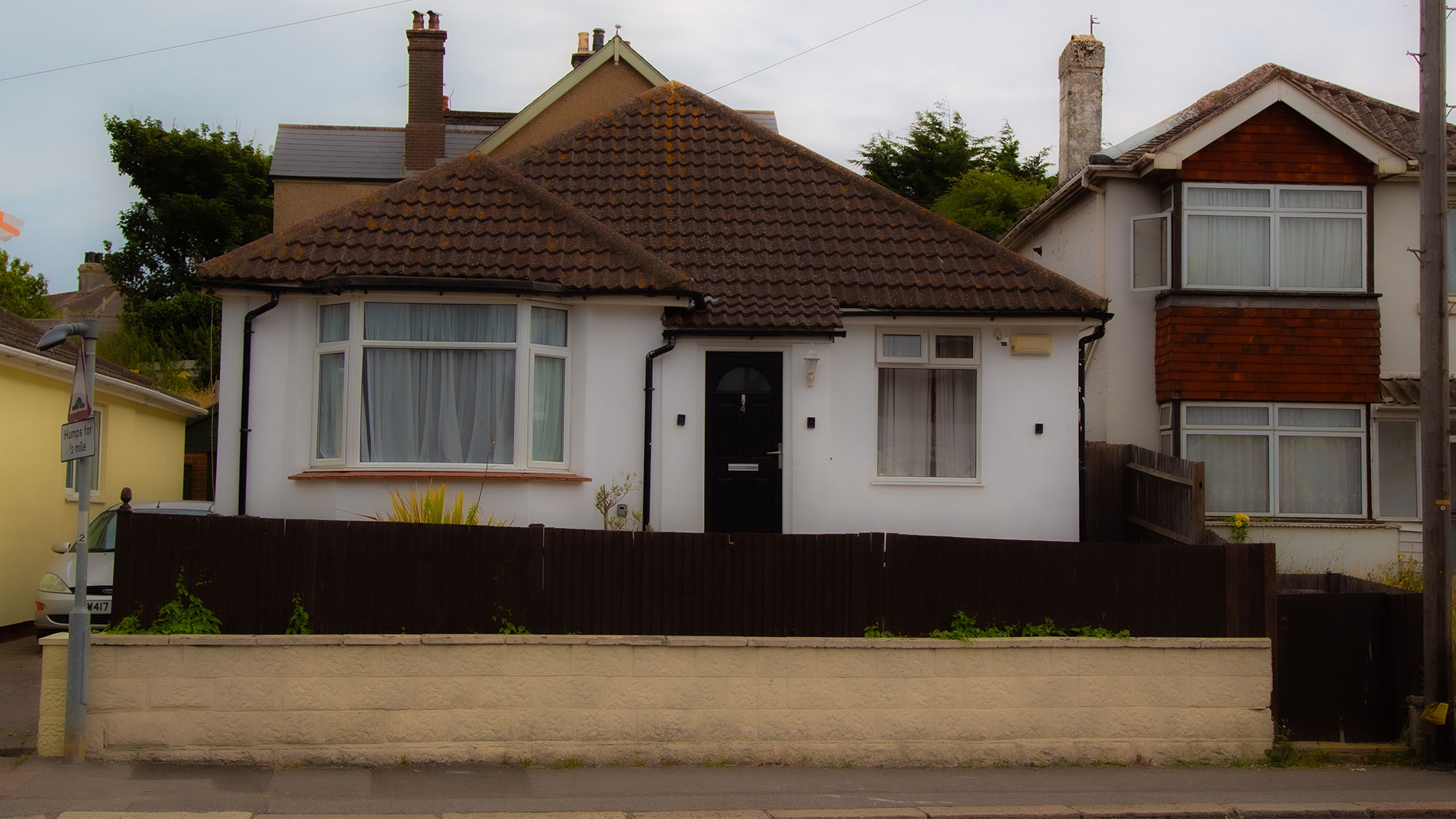We thrive to enable service users to live a fulfilling life within the constraints of their capabilities and allowing them to exercise choice and take informed risks. Our experienced staff will ensure that service users are supported throughout this process. Heart Healthcare offers Supported Living accomodation. The organisation is run by a CQC Registered Manager who is also a Registered Nurse. We also have a Registered Mental Health Nurse with substance misuse experience as part of the team. Our support workers are experienced and have been trained to NVQ 2 level. Our care plans and risk assessments are created and saved using Person Centred Software system that stores the data securely online. Our Policies and Procedures are also available online. Our documentation is online, accessed through an encrypted laptop and mobile devices. This ensures there is less paper clutter in the home of our service users. Our home is in Hastings on the East Sussex coast.
Hastings town is located in the warmest part of England. Surrounded by beautiful nature. It is famously known for the 1066 Battle of Hastings, fought on a nearby field where Battle Abbey now stands. Norman ruins of Hastings castle once home to William the Conqueror can be seen overlooking the English Channel. The town is full of history and beautiful views. Service users can also access the Old Town which is made up of a high street with a great mix of a variety of restaurants and cafes. One of the best fish and chips is served in the various shops spread across the Old Town.
The Care Quality Commission (CQC) is the independent regulator of health and social care in England. They regulate our care to ensure that the care we provide is safe, effective, caring, responsive and well-led. Our service is inspected by CQC during their inspections to ensure that it is within the framework. We as care Providers are encouraged to improve our service using feedback from service users, our stakeholders and our partners. We prepare monthly audits on our service to identify areas that we need to improve or work on. These audits measure outcomes such as safety, staff development, personalisation of services, service integration, and so on.
A Positive Behaviour Support (PBS) plan is a personalized document that outlines strategies to improve the quality of life for an individual and reduce the occurrence of behaviors that challenge. It is based on a thorough understanding of the individual's needs, preferences, and the reasons behind their behaviors. Our PBS plan is persona centred, focuses on teaching new skills instead of control, is developed with input form the individual or family, and is based on best practises in behaviour support.
We create a Positive Behaviour Plan for our service users to better support them with challenging behaviour.
Identify the individual
The plan seeks to understand the service user by collecting their personal information, history, how they communicate, and physical and mental health considerations that may influence their behaviour.
Identify behaviour
The then identifies behaviours of concerns with clear definitations, frequesny and intensity, triggers and functions (understanding the reasons behind the behaviours, what the person might be communicating or trying to achieve).
Supporting strategies
We create proactive strategies to prevent the behaviours from occuring in the first place
We help the service user learn alternative ways of communicating their needs, managing their emotions, and coping with challenging situations.
We use reactive strategies that focusing on de-escalation techniques.
We create a crisis plan that focuses on managing severe or dangerous behaviours, ensuring the safety of the individual and other services and staff.
Implementation & Monitoring
We clearly define who is responsible for implementing different aspects of the plan which is usually the Senior Support worker or the manager.
We regulalry review and update the plan to reflect any changes that might take place for it to remain relevant and effective.


